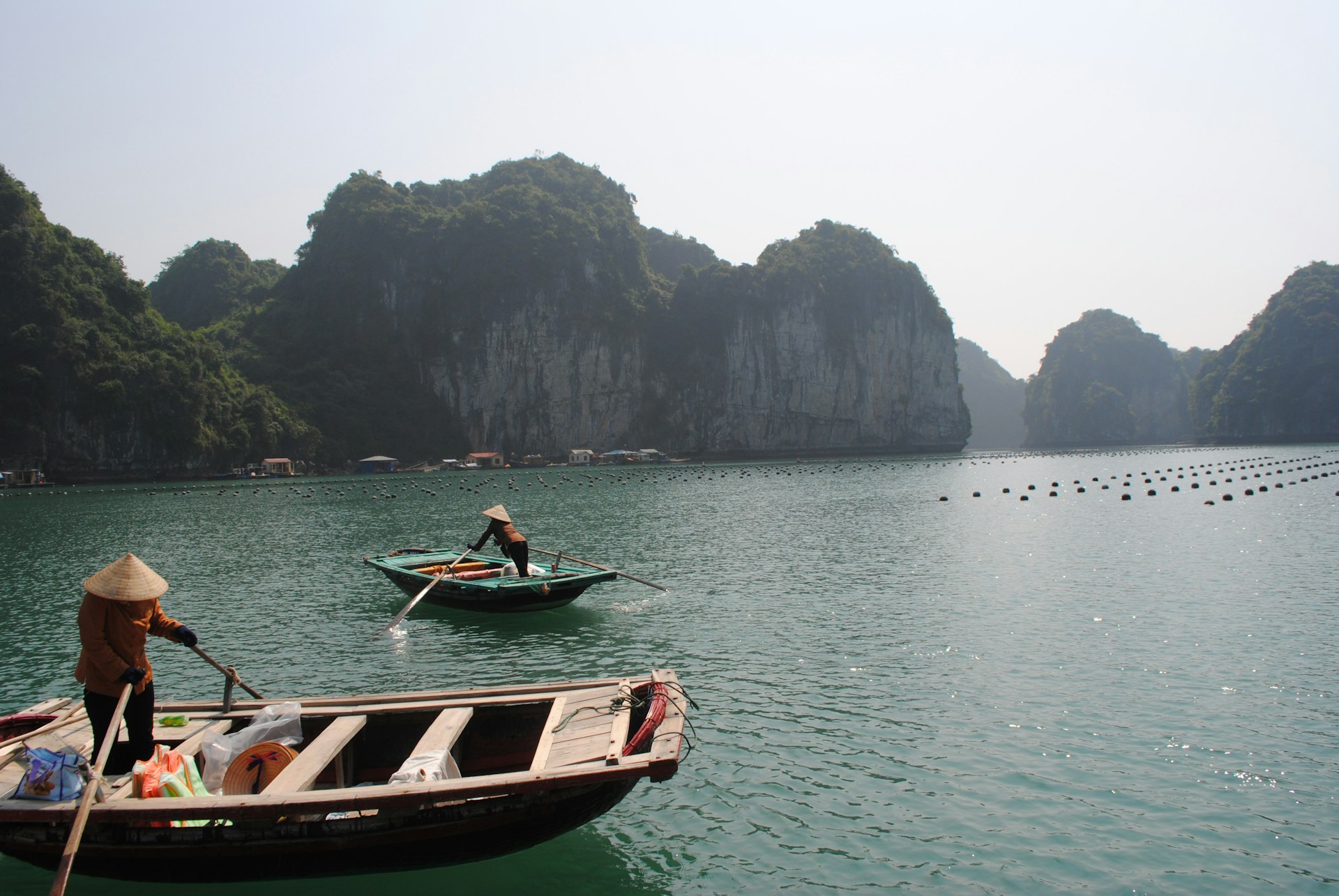
Comment Editor Yankie Chow explores the potential effects of the election results in Taiwan on global instability
The close-cut election results in Taiwan have been important and consequential not just for Taiwan citizens in choosing their ideal candidate, but it is also for nearby countries like China. This is likely to impact global instability. Taiwan has been faced with many problems in recent years, like slow economic growth, political pressure, and changes in the democratic structure of the population. This has made the election even more important in its impact on both the development of the country, as well as the political stability and power dynamics across the globe.
“‘Slow economic growth, political pressure and changes in the demographic structure of the population’
The first problem facing Taiwan has been slow economic growth. Thanks to the rapid development of China in the past few decades, most of the economic benefits of Taiwan have come from export trading. The continuous shipping of products to China has helped increase the growth and stability of Taiwan’s economy.
However, with the rapid development of China these recent years, China’s manufacturing sector soon started replacing the products in Taiwan, thus causing a decrease in exports of products and reducing economic growth. In addition, the political pressure from China limiting products being shipped from Taiwan, and the political tension between the US and China also limits the technology products being shipped to China. This has placed greater pressure on the exports of other products.
Moreover, China has pushed constant political pressure on Taiwan which has limited the ability of Taiwan to join world agreements like CPTPP, also known as the Comprehensive and Progressive Agreement for Trans-Pacific Partnership. The CPTPP helps with the reduction of trade barriers and facilitates trade to strengthen economic relations. Without these agreements to boost exports, Taiwan’s economic growth is likely to continue to decrease, which has quickly become an alarming problem.
I think the second problem facing Taiwan is rooted in the changes in the structure of the population. There are many factors contributing to the problem of changing demographics. Firstly, Taiwan has a low birth rate just like many other countries. With the problem of the aging population and continuously low birth rate, there are fewer laborers in Taiwan and it is predicted that the working population is going to further decrease in the future years. Thus, the problem of solving the crisis might have to be dependent on bringing in people overseas and increasing rates of migration.
Due to these problems affecting the citizens of Taiwan, the election has been posed as one that could profoundly affect global instability. I think structural issues caused by the changing demographics are the major reason that provoked part of the citizens in Taiwan to agree that increasing the levels of export trading with China is the solution to boost the economy. This split the population as many believed that increasing trading with China would tip the balance to overpower. This quickly became a hot topic of the election as different candidates had different points of view on the export trade. Some of the candidates wish to bring back export trade with China while others seek opportunities to develop trade with other countries like the US, Japan, and India.
Therefore, the fate of the political world stability lands on Taiwanese citizens. The divisive votes for either candidate are likely to affect Taiwan’s relationships with nearby countries, furthermore, with global uncertainty already on the rise, I predict that the elections in Taiwan are likely to continue to increase the instability in power balancing between countries.
For more Comment articles read here:
Sunak’s Reshuffle: A Desperate Attempt to Fix the Split
Comments